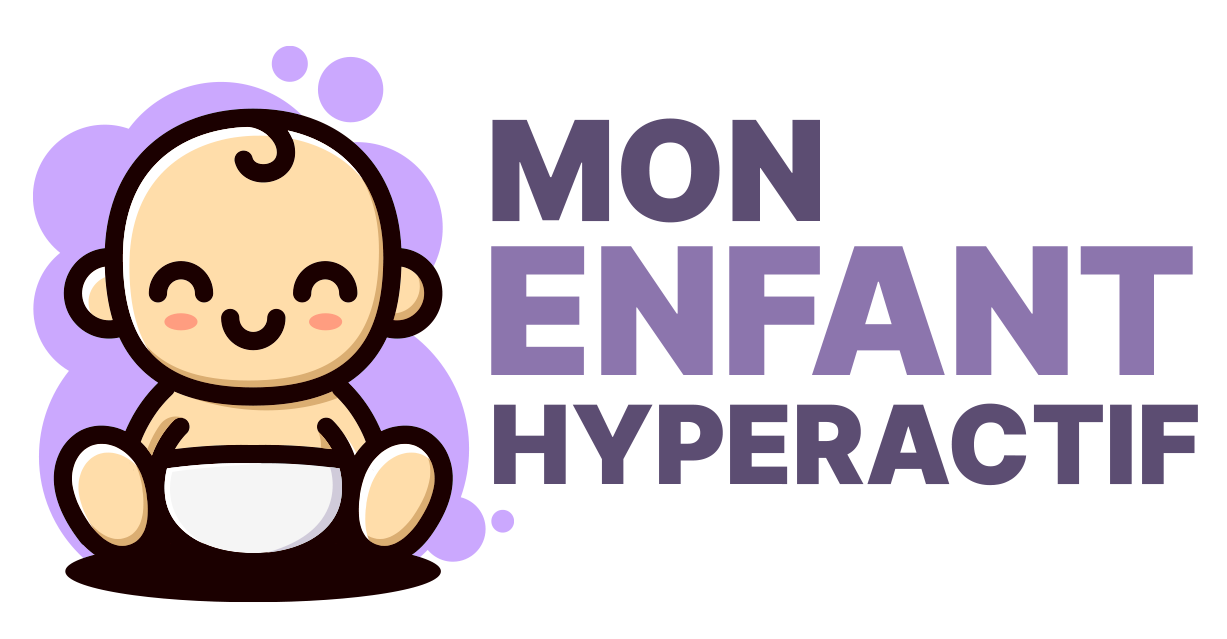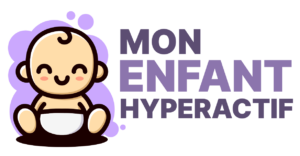Does your child have difficulty speaking properly, has delays in spoken language or has very poor language?
What is the difference between a dyslexic child, a dyspraxic child and a dysphasic child?
There are three main types of learning disability: learning disability, learning disability dyslexiathe dyspraxia and the dysphasia. Each type affects a different area of learning. Dyslexia is a reading disorder, dyspraxia is a motor disorder and dysphasia is a language disorder.
Dyslexia, dyspraxia and dysphasia are neurological disorders which can interfere with learning and daily functioning. These disorders are often combined with other learning difficulties, such as difficulties with calculation, memory and concentration. People with dyslexia, dyspraxia or dysphasia often have difficulty learning and remembering things. They may also have difficulty concentrating or following instructions. These disorders can affect a person's ability to read, write, speak or do calculations.
Dys disorders are usually diagnosed at school, as children with these disorders often have difficulty keeping up with the pace of learning. If you think your child may have one of these disorders, it is important to talk to your child's educator or doctor. There are treatments and learning strategies that can help children with dyslexia, dyspraxia or dysphasia to learn and function better.
Dyslexic children have difficulties in learning to read, write and do calculations. Dyspraxic children have difficulties with coordination and movement. Dysphasic children have difficulties in speaking and being understood.
Dyslexia is a specific difficulty in learning to read. Children with dyslexia have difficulty associating sounds with letters, which prevents them from reading fluently. Dyspraxia, on the other hand, is a coordination disorder. Children with dyspraxia have difficulty making fine and precise movements. Finally, dysphasia is a language disorder. Children with dysphasia have difficulty expressing themselves coherently.
Children with dyslexia, dyspraxia or dysphasia often have difficulty following instructions, understanding what they are told, expressing themselves coherently and learning to read and write. These difficulties can have a significant impact on their schooling, socialisation and emotional well-being.
They are all closely related.
So we often see attention deficit and hyperactive people with language disorders, they have a common denominator.
Why is it important to treat it on different levels and not just with speech therapy or speech therapy?
As with all disorders, the problem is complex and occurs on several levels: physical, emotional and mental.
Trying to resolve them will therefore also be a question of these three levels.
The 3 mistakes not to make
1. Neglecting your diet
2. Neglecting the emotional impact
3. Neglecting arts and sports activities
1. Neglecting your diet
It is a mistake to send your child to a health professional such as a speech therapist, speech therapist or speech therapist while neglecting his/her diet.
The brain of an ADHD or dysfunctional person does not work as it should, it has bugs.
Dr. Natacha Campbell notes that all his ADHD and dys. patients without exception have defective intestinal flora. According to the latest clinical studies, the link is undeniable!
For some, this will result in bloating, diarrhoea, constipation, gas, skin problems, eczema or asthma. All of these are signs of intestinal disorders.
For others, it will be less visible because they have no visible intestinal problems, but when the intestinal flora is analysed, fungi such as Candida Albicans or Clostridia, to name only the best known, are found.
Let us take the example of the effects of alcohol on the body. It is now well known that alcohol intoxicates the brain and liver and promotes deviant behaviour.
Personally, as I drink very, very little; when I have just one alcoholic drink at parties, I can't say a single sentence, the words don't come out, I have to make a considerable effort to do so.
Well, I learned from Dr. Campbell that certain foods like processed carbohydrates produce the same result in damaged intestinal systems. Because of the presence of yeast, these carbohydrates are not metabolised properly, end up fermenting and the glucose in the food is converted to alcohol.
This is only a small part of the problem. Overall, our current diet, rich in processed foods, antibiotics, flavour enhancers, preservatives, heavy metals, etc., is causing considerable damage to the flora.
This prevents it from producing the vitamins essential to our brain, creates a host of deficiencies and intoxicates the brain as never before in human history.
2. Neglecting the emotional impact
My son and I have some dysphasic difficulties. But not all the time. It depends very much on our emotional state at the time and who we are talking to.
If our confidence is not high, we will stammer, have difficulty finding words or stutter. Or if certain people stress us out, impress us or remind us of someone with whom we have had a bad experience in the past, this stress will result in nervous, slurred, hesitant and overly rapid speech,
Too much pressure from outsiders or their judgements make us lose our means and our self-confidence (already so fragile).
3. Neglecting arts and sports activities
With their busy schedule of all kinds of after-school sessions, dys and ADHD children do not have much time left for musical, theatrical or sports activities. Yet these are just as necessary if not more so than their speech therapy, psychotherapy ... They work on the same problems without putting the finger on "you have a problem".
Moreover, we hardly ever walk or cycle as we used to. And the addiction to screens and video games keeps us glued to the chair for so many hours when it would be so much healthier to play and let off steam outside, so that the body's energy can circulate better and feed our numb bodies.
How to improve language disorders
On the physical level
Restore and detoxify the intestinal flora - Dr Campbell's book "The Enteropsychological Syndrome" is very comprehensive on the subject;
Avoid foods that poison the brain.
I know it's not easy to change your eating habits but in the end, the hardest part is the first steps.
Getting enough sleep. Lack of sleep strongly accentuates dyslexia, dysphasia...
On an emotional level
These disorders are not easy to live with in the eyes of others, and they generate a feeling of inferiority in the dys. If repeated, this degenerates into low self-esteem and a loss of self-confidence.
According to Ronald Davis, these negative emotions trigger "disorientation". In some dys people, this can lead to headaches or nausea.
To help them emotionally, it is important to be aware of our reactions to what they do. Some are more devastating than constructive.
For example: "You can see that you can when you want to" implies that they usually do not make any effort because they lack the willpower. But are we really aware of what they are experiencing from the inside?
This will be the subject of a future article. In the meantime, please consider encourage what nurtures positive emotions. Highlight what they do well, their efforts. Encourage them as much as possible, believe in them and their ability. And let go of the pressure on their blunders
If you haven't read it yet, I advise you to read the article, the 5 phrases that give our ADHD children wings, in order to strengthen their self-confidence.
On the mental level
Dys. and ADHD tend to be visual thinkers. Verbal language is therefore not their preferred mode of communication. It requires an extra effort to understand.
To improve this difficulty, it is ideal to encourage what stimulates the exchange between the 2 cerebral hemispheres and creates new nerve connections while being playful.
The most attractive disciplines are
- playing music, not only by ear but also by learning to read it
- make theatre
- walking, sports, dancing
In short, anything that requires coordination of movements is excellent, as long as it takes place in a relaxed and caring atmosphere.
What are the diagnosis criteria of ADHD?
What solutions have you found to help him?
Please share them in the comments below!



